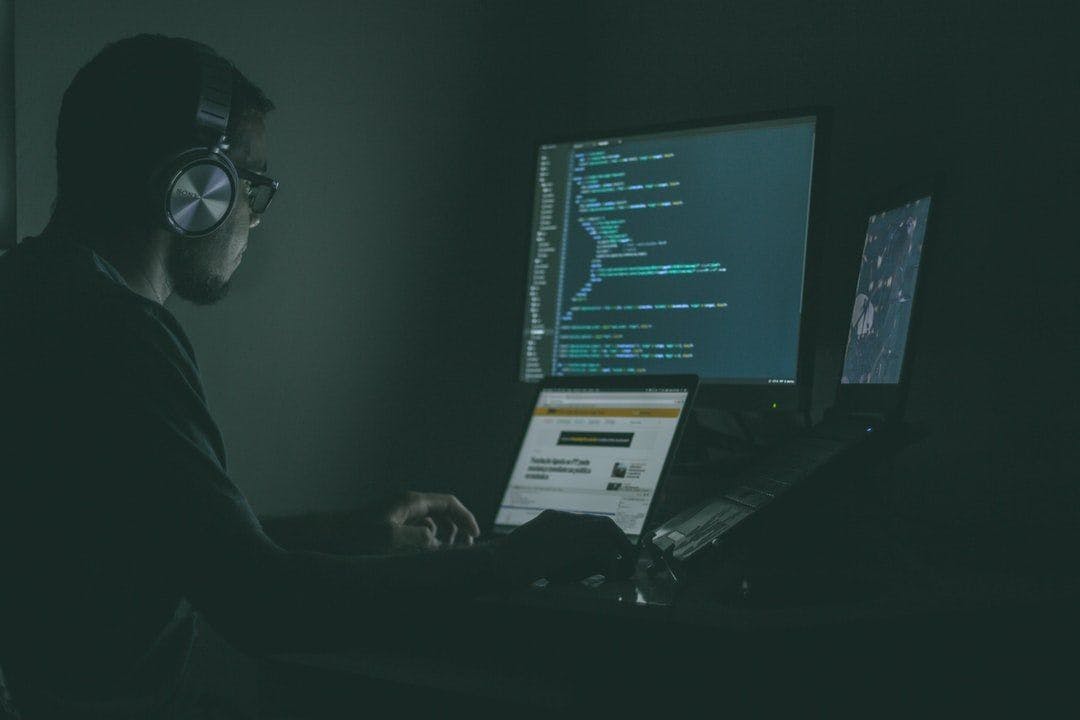693 reads
Top 5 Myths About VPNs and Why They’re Wrong
by
December 2nd, 2020

The founder and CEO of KeepSolid, a company that builds modern security and productivity solutions
About Author
The founder and CEO of KeepSolid, a company that builds modern security and productivity solutions
Comments
TOPICS
Related Stories
7 Reasons Why Everyone Should Use a VPN
Jul 16, 2022
First-ever Global Live VPN Speed Test
Jan 30, 2020
7 Reasons Why Everyone Should Use a VPN
Jul 16, 2022
First-ever Global Live VPN Speed Test
Jan 30, 2020
